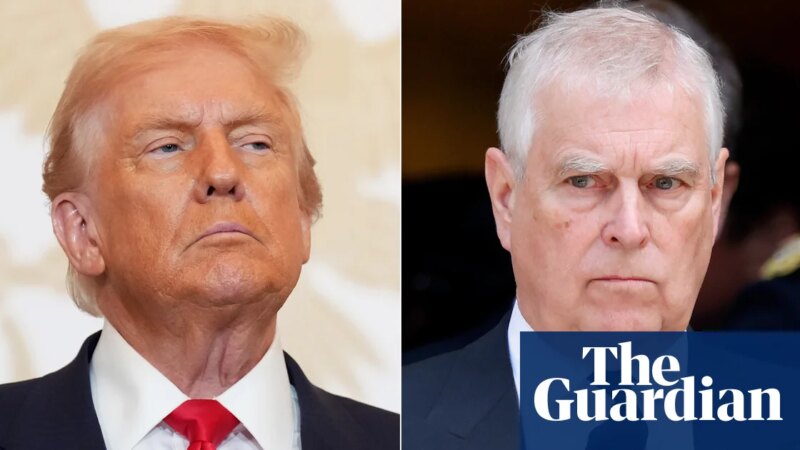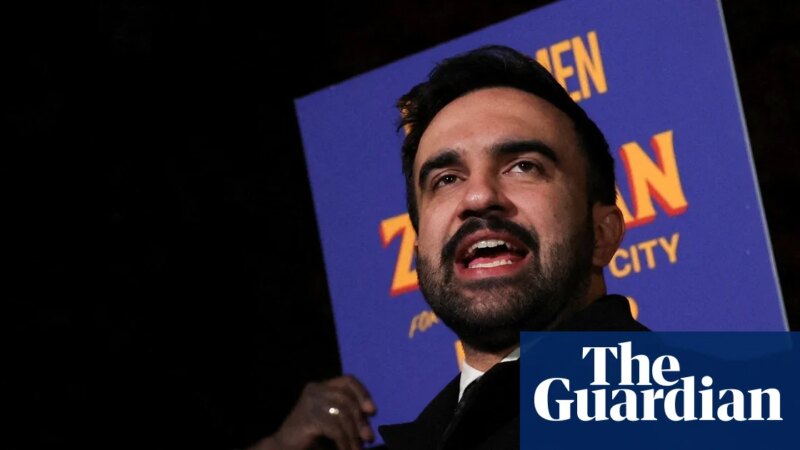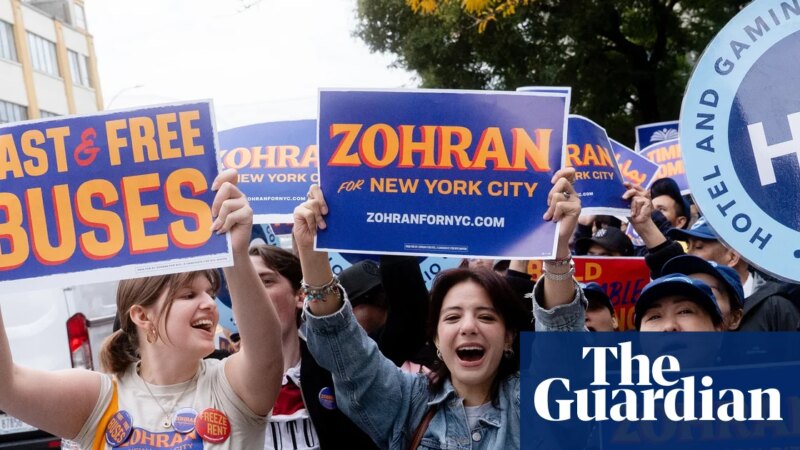Trump’s role in halting Gaza’s suffering was driven by self-interest. Will that be enough for him to finish the job? | Kenneth Roth
We can only rejoice that, for now, Israel’s genocide in Gaza has halted. The killing has stopped. Food is being allowed in, easing the starvation. Palestinians forcibly displaced from their homes are returning to their cities, if not their homes, most of which Israel has pulverized. Yet celebration must be tempered by the gnawing reality that the conditions for a lasting peace are, in classic Middle East fashion, being kicked down the road for future resolution – if ever at all.
We may grimace in doing so, but Donald Trump deserves credit for finally ending the US government’s funding and arming of the genocide, and arm-twisting Benjamin Netanyahu into accepting his 20-point plan for Gaza. Yet that hardly happened in a vacuum. Had Joe Biden tried to implement the same plan, he undoubtedly would have been pilloried by the Republican party for not giving Netanyahu everything he wanted. But Trump owns today’s Republican party. Much as when Richard Nixon went to China, there was no one meaningfully to the right of Trump to challenge him.
Trump’s conversion from embracing the Israeli far right’s goal of ethnic cleansing of Gaza to accepting the right of Palestinian civilians to remain was probably driven by a remarkable shift in US attitudes toward Israel. Young Christian evangelicals, a core Maga constituency, had become sickened by Israel’s genocide, which was aimed at inducing the forced deportation that Trump had endorsed with his vision of a Gaza “Riviera”. Always concerned foremost with himself, Trump could see the political costs of the largely unqualified green light that he had given Netanyahu and his quest for endless war. This is something Netanyahu has needed to maintain his governing coalition, and avoid pending corruption charges and a political reckoning for the intelligence failures that Hamas exploited ruthlessly on 7 October 2023.
The straw that broke the camel’s back was Netanyahu’s belief that, having gotten away with genocide, he would have no trouble attacking and trying to kill the Hamas negotiators in Qatar. That outraged the Gulf Arab leaders, whose combination of wealth and autocracy plays to Trump’s sweet spot. He read Netanyahu the riot act, forcing him to accept a plan that fell far short of his maximalist wishes.
The 20-point plan requires Netanyahu to abandon his dream of a Palestinian-free Gaza, followed undoubtedly by a Palestinian-free West Bank. It means a likely return for Unrwa, which Netanyahu had tried to destroy because he felt it helped remind Palestinian refugees that they were indeed refugees who aspired to return to their ancestral homes in Israel or even the occupied West Bank. Indeed, the plan affords Palestinians from Gaza the right to leave and “return” – a right not shared by their exiled compatriots in Lebanon, Syria and Jordan.
Yet when it comes to the Israeli-Palestinian conflict, what remains unsaid can be as dangerous as what is articulated. While Trump declared “the war is over,” Netanyahu has not even committed to refrain from resuming the war in Gaza should Hamas not adequately disarm. The brutal military dictatorship of Hamas is the wrong force to lead Gaza, but that does not justify renewed genocide, which is how Netanyahu has fought it.
Trump, if anything, has sent the contrary message. Beyond gratuitously seeking a pardon for Netanyahu’s corruption charges during his Knesset address on Monday, Trump outrageously imposed sanctions on international criminal court personnel because they charged Netanyahu and his former defence minister with the war crime of starving and depriving Palestinian civilians.
Moreover, the most viable path to end the Israeli-Palestinian conflict would be with two states, Israeli and Palestinian, living in peace side by side, but Netanyahu has devoted his entire career to avoiding that possibility. That was on full display on Monday. Ayman Odeh, a leading Arab-Israeli member of the Knesset, was forcibly ushered out of the chamber while Trump spoke for holding up a paper that said “Recognize Palestine!” And despite releasing nearly 2,000 Palestinian prisoners, the Netanyahu government refused to release the top prisoner on Hamas’s list, Marwan Barghouti, because he more than anyone else could unite Palestinian factions and lead negotiations for a Palestinian state.
Trump has been little better. His plan rightly calls for reforming the Palestinian Authority, a corrupt body that hasn’t dared to hold an election in more than 15 years. Once the PA is reformed, and Hamas disarmed, the Trump plan says: “the conditions may finally be in place for a credible pathway to Palestinian self-determination and statehood, which we recognise as the aspiration of the Palestinian people”. But no timeline is offered, even though the international court of justice has ruled Israel’s occupation to be illegal, and the UN general assembly has demanded compliance as of last month.
Moving statehood forward would require Trump again to turn the screws on the Israeli government. That would not seem to be Trump’s wont, but nor was he inclined to abandon his Gaza “Riviera” vision until the political costs became too high. And the Nobel peace prize that he covets is unlikely to be granted while the conflict underlying the latest devastating episode in Gaza remains unresolved.
after newsletter promotion
Here the Gulf Arab states again have an important role to play. Trump looks to them to finance the rebuilding of Gaza, where Israeli attacks have left 92% of homes destroyed, most recently by systematically blowing up Gaza City’s high-rise apartments. Yet the Arab states have insisted on a clear pathway to a Palestinian state. These governments are understandably reluctant to incur the substantial expense of rebuilding Gaza without assurances that Israel won’t just blow it up again. Trump should listen.
It is disconcerting to have to rely on Trump, whom Netanyahu just called “the greatest friend of Israel”, to advance the Palestinians’ cause. But Netanyahu’s gushing praise cannot obscure Trump’s repeated willingness to break from Israel’s far-right government and impose better behaviour. He has just taken a big step toward ending the unspeakable suffering of the Palestinian people. We must keep up the pressure for him to finish the job.
-
Kenneth Roth, former executive director of Human Rights Watch (1993-2022), is a visiting professor at Princeton’s School of Public and International Affairs. His book, Righting Wrongs: Three Decades on the Front Lines Battling Abusive Governments, is published by Knopf and Allen Lane




